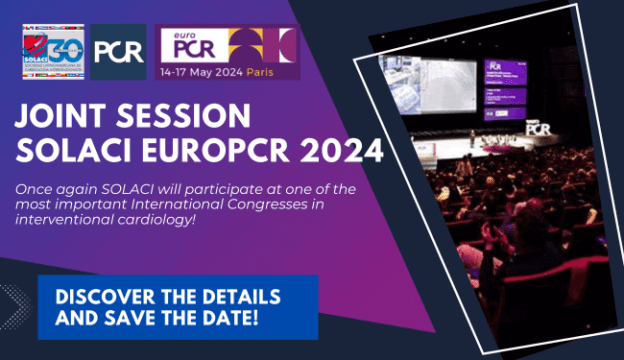Difficult to treat, tricuspid valve failure poses great medical challenge. In addition, the mortality rate of surgical treatment these days is not exactly low, involving high risk, which often takes this alternative off the table.

Several percutaneous devices have been developed to treat this disease, the most popular being edge-to-edge devices.
The TRICENTO has an interesting design, but it has not yet been tested in terms of safety and efficacy.
The present study included 21 patients mean age 76, with low functional class and mostly hospitalized for cardiac failure. In addition, 6 of them presented ascites, 13 had received CABG and, 6 TAVR.
Most of them (N=18) had functional tricuspid disease, 13 severe, and 8 had a massive or torrential condition.
Contracted vein was 12 mm. and tricuspid annulus diameter was 41 mm.
Surgical risk was high (EuroSCORE 11%).
Technical success was achieved in all patients. Procedural time was 92 minutes, there was one major vascular complication and there were no inhospital death, conversion to surgery or stroke. Hospitalization was 10 days.
At 30 days, only one death was registered, unrelated to the device.
Read also: REVERSE-IT | Bentracimab: Progress on the Antidote for Ticagrelor in Emergency Scenarios.
At 60 days, all patients saw improved functional class. There were 3 deaths (2 cardiovascular and 1 non- cardiovascular) and 4 patients were re-hospitalized for cardiac failure.
Control CT scan showed two patients presented minor structural damage to the device with no impact on function, and MRI showed reduced right ventricle end-diastolic volume.
Survival rate was 76% .
Conclusion
The present information shows the feasibility of transfemoral Tricuspid Valved Stent Graft Implantation System for the treatment of severe tricuspid valve regurgitation. The study showed improved functional class and right ventricular remodeling reversibility. Stent fracture did not alter its function but requires better design of prosthesis and careful selection of safety criteria.

Dr. Carlos Fava.
Member of the editorial Board, SOLACI.org
Original Title: Early Clinical Experience With the TRICENTO Bicaval Valved Stent for Treatment of Symptomatic Severe Tricuspid Regurgitation: A Multicenter Registry.
Subscribe to our weekly newsletter
Get the latest scientific articles on interventional cardiology





